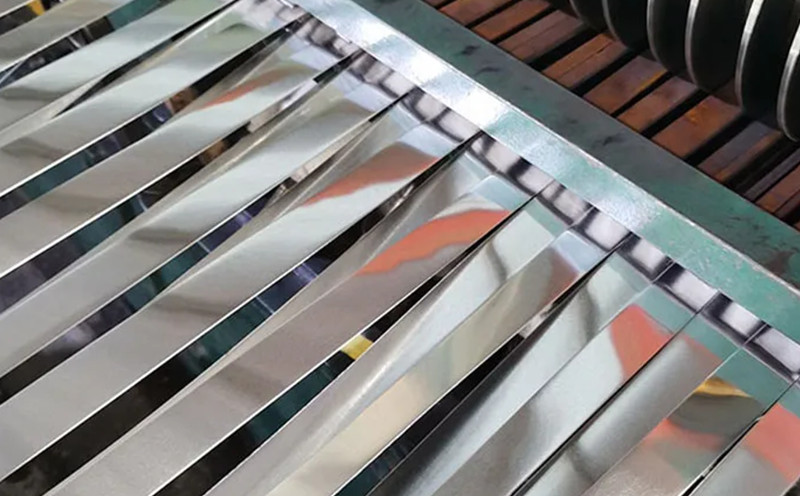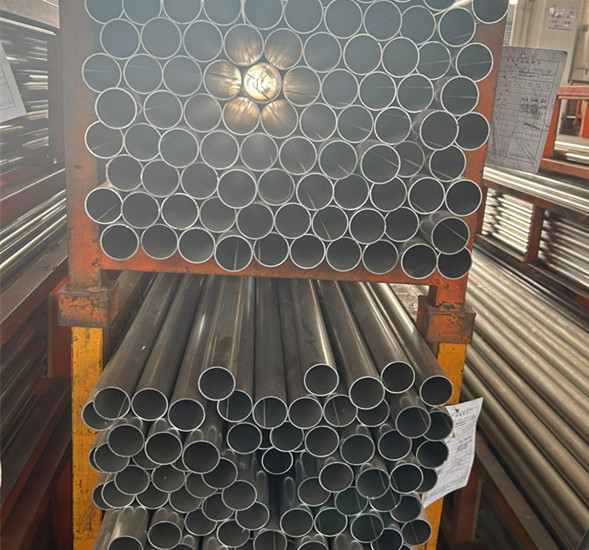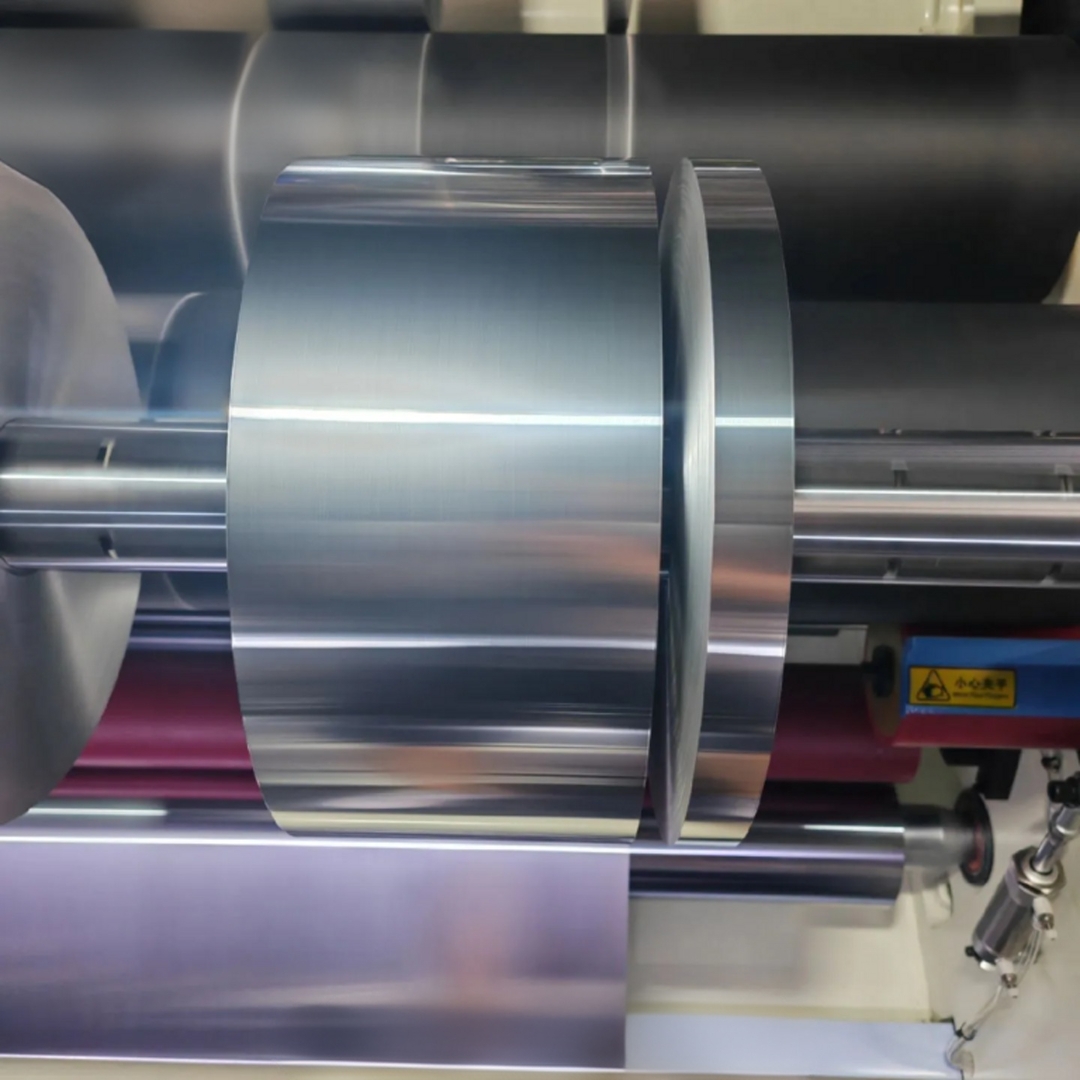4047 Aluminum foil sheet brazing welding strips supplier
Welded aluminum foil's lightweight properties, sealing performance, and electrical/thermal conductivity, making it especially valuable in the fields of new energy and electronics. 4047 brazing aluminum foil—an aluminum-silicon (Al-Si) alloy—famous for its excellent weldability, and is widely used in brazing aluminum foil fins for heat exchangers in air conditioners and radiators of automobiles, often paired with alloys like 4343. It is suitable for applications requiring high performance in thin materials, airtight sealing, and resistance to thermal cracking. Typical examples: edge sealing of solar thermal collector tubes and vacuum insulation panels (VIPs), as well as tab welding in certain lithium battery components.
4047 aluminum brazing foil/sheet sizes
Dimension | Range |
Thickness | 0.5 mm -- 3.0 mm (sheet) 0.025mm--3.0mm (foil strip) |
Width | 100 mm -- 1500 mm |
Length | 500 mm-- 3000 mm (sheet ,custom lengths available) |
4047 aluminum properties and chemical composition
| Category | Parameter/Component | Value/Content | Characteristics |
|---|---|---|---|
| Chemical Composition | Si (Silicon) | 11.0–13.0% | Lowers melting point (577°C eutectic), improves fluidity, resists hot cracking |
| Fe (Iron) | ≤0.8% | Slightly enhances strength; excess reduces ductility | |
| Other impurities (Cu, Mn, etc.) | ≤0.3% (each) | Tightly controlled for corrosion resistance | |
| Physical Properties | Melting Point | 577°C (eutectic) | Easier welding than pure aluminum |
| Electrical Conductivity (IACS) | ~30% | Lower than pure Al (61%), suitable for general electronics | |
| Mechanical Properties | Tensile Strength (Annealed) | 130–180 MPa | Low strength, ideal for non-load-bearing parts |
| Elongation | ≥10% | Maintains moderate ductility | |
| Process Performance | Weldability | Excellent | Resists hot cracking; compatible with laser/TIG/ultrasonic welding |
| Fluidity | Outstanding | Minimizes defects in thin-sheet welding | |
| Applications | Primary Uses | Brazing, thermal management, vacuum sealing | Examples: heat exchangers, solar collectors, battery tabs |
4047 aluminum foil brazing tips:
1. Recommended Welding Methods
Laser welding, ultrasonic welding, and TIG welding with AC balance to remove oxide layers.
2. Shielding Gas
Use of argon (Ar) to prevent oxidation during the welding process.
3. Filler Material Compatibility
4047 filler should match the base metal composition to ensure joint consistency.
4. Strength Limitations
4047 alloy in annealed condition has low tensile strength (130–180 MPa), unsuitable for high-load structures.
5. Electrical Conductivity Concerns
High silicon content reduces conductivity to about 30% IACS, making it less suitable for high-conductivity applications compared to pure aluminum.


